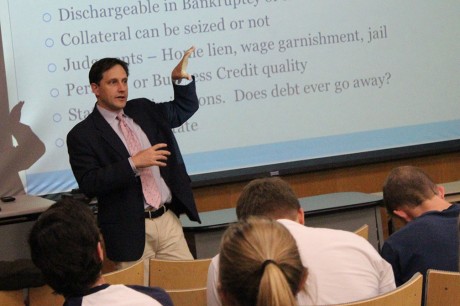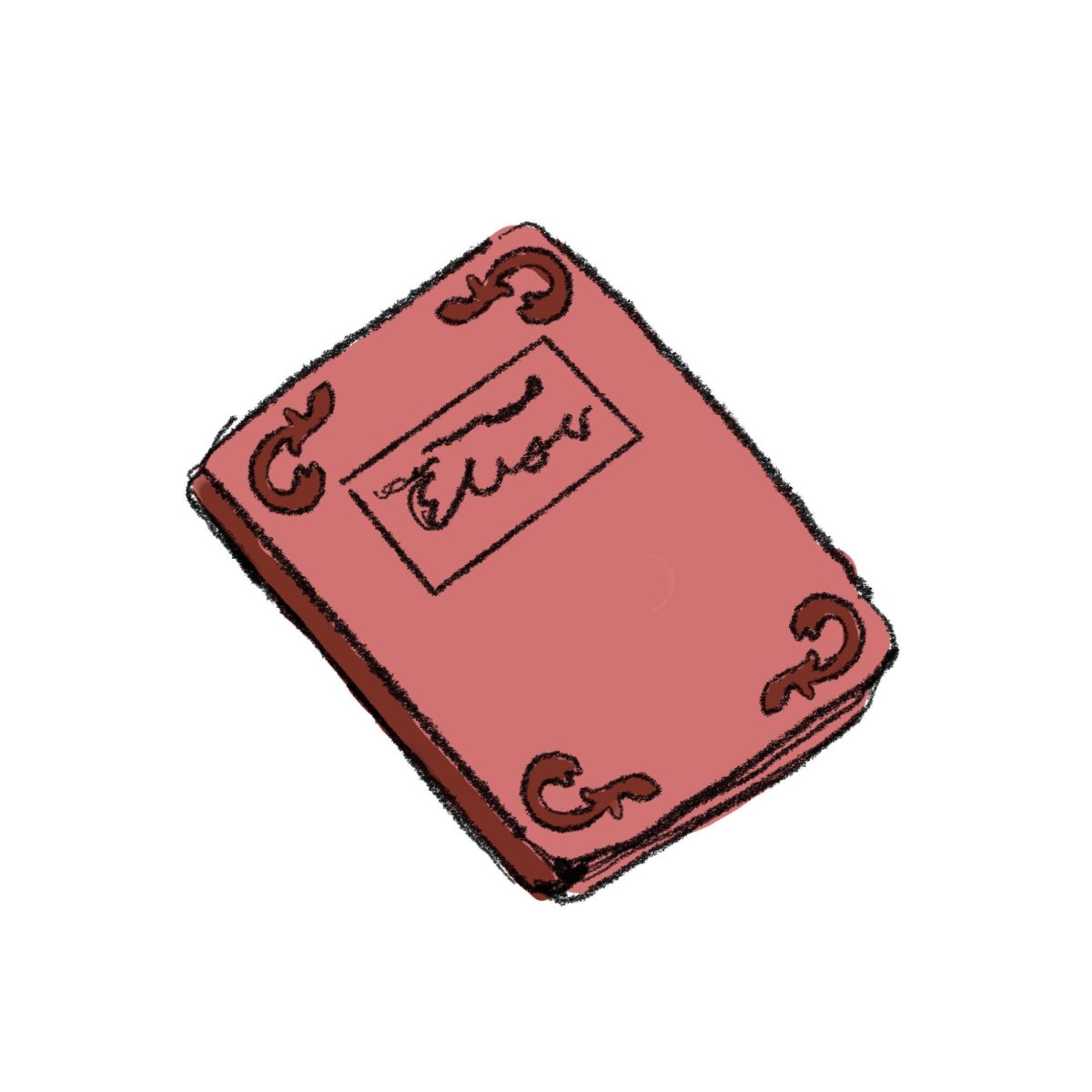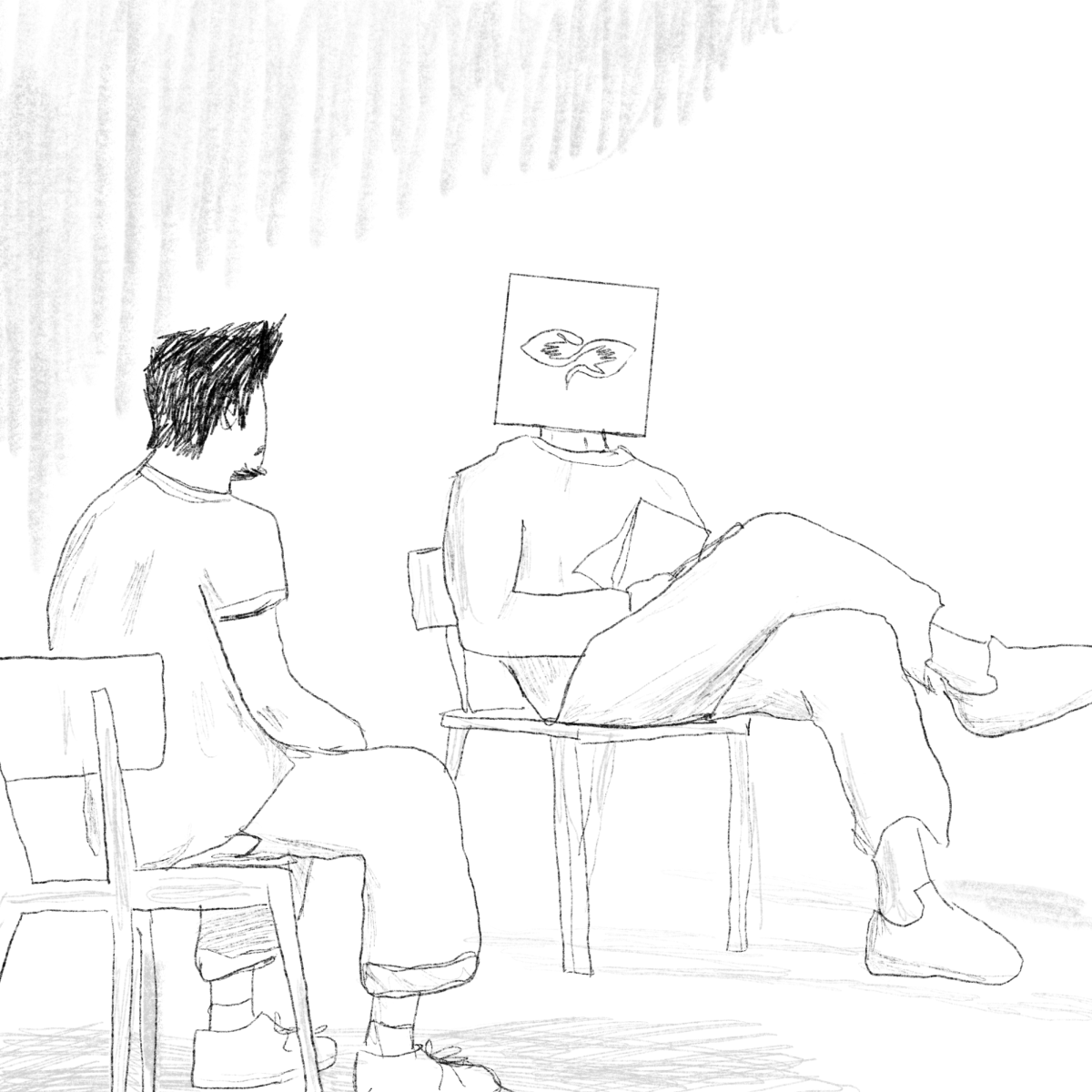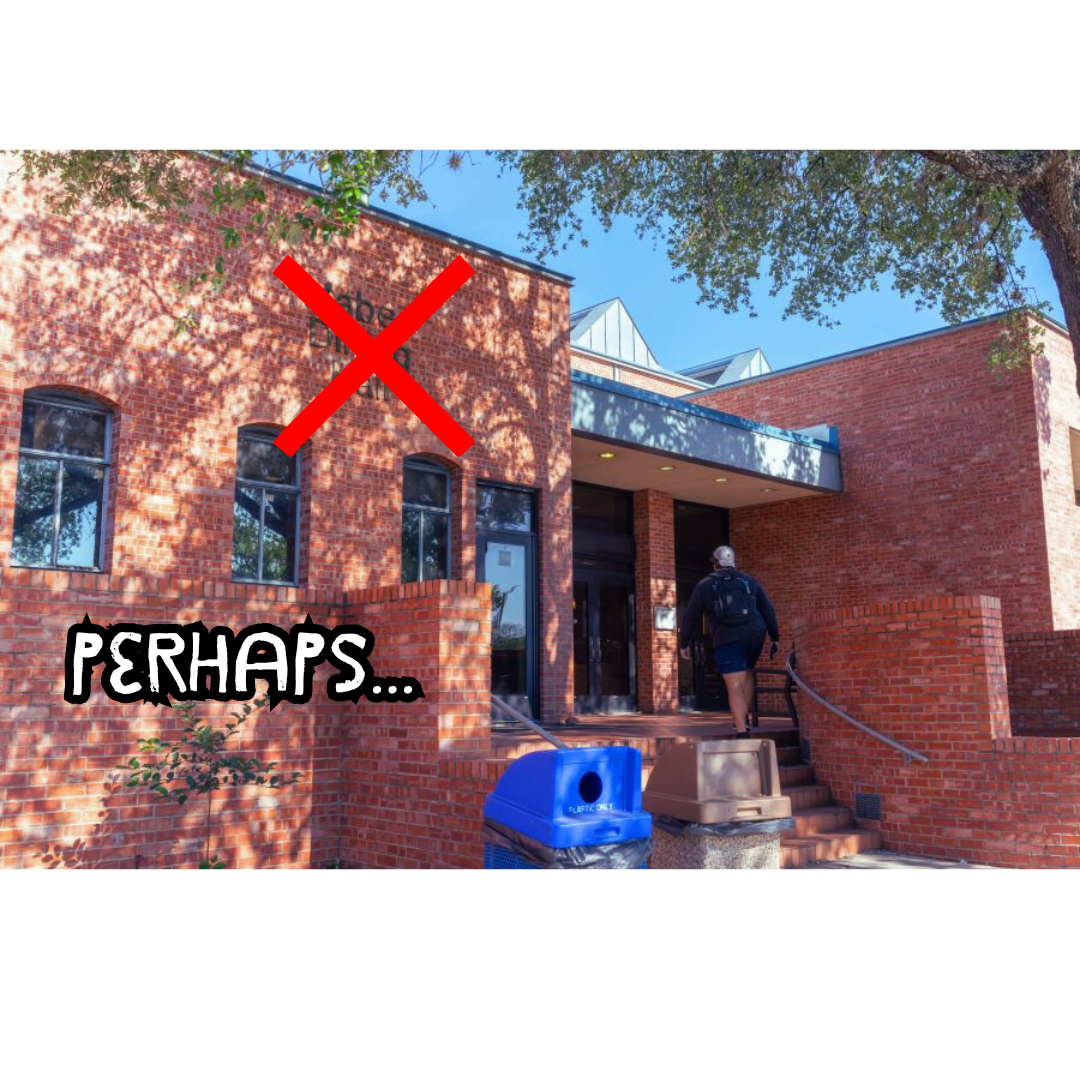
Out of the 1,700-1,800 courses offered each year at Trinity University, approximately 170 are taught by members of the faculty who were selected to become part of the community because of experience outside of academia. These professors were hired because of their expertise in practical fields beyond the realm of the academic, and each spends their time working and living two different work lives””one at Trinity as professors, and one at the career they originally pursued.
There are two distinct classifications of these types of professors: term (or visiting) and adjunct (or part-time).
“Term, or visiting, appointments are typically used for two types of occasions””to replace a faculty member while they are on academic or medical leave, or to temporarily fill a vacancy resulting from a retirement, a faculty member leaving Trinity to take a job elsewhere or under the quite rare circumstances of termination,” said Mark Brodl, the associate vice president for academic affairs for budget and research.
“Adjunct, or part-time, appointments are used for a variety of reasons: to fill in for a faculty member on academic leave, to bring a key expertise to Trinity to teach a given course, to respond to unpredictable demands for a course””for example, the addition of a new lab section in an introductory science course””or to provide time for a faculty member to focus on a project of importance to the university,” Brodl said.
Cory Kuchinsky, Michael Taylor, Tullos Wells and Sean Wood are four such part-time and visiting professors.
Kuchinsky, who teaches Introduction to Financial Accounting and Managerial Accounting in the business administration department, is also the manager of enterprise risk analytics and reports to our chief risk officer of financial services at CPS Energy here in San Antonio.
“After getting up at the crack of dawn with my lovely 20-month-year-old daughter for diaper and daddy duty, I go to work at CPS Energy, which is the municipally-owned utility in San Antonio,” Kuchinsky said.
Kuchinsky, who before working at CPS Energy worked for Ernst & Young in audit services, realized that he wanted to move into the utility and energy services. While working at CPS Energy, Kuchinsky met someone who was attending classes at University of the Incarnate Word in the adult education program, and they mentioned that there were openings for accounting professors. Since 2007, he has taught classes at both UIW and Trinity whenever possible.
“I had always had a hunch that teaching, especially at a subject I know well, would be something I might enjoy,” Kuchinsky said.
According to Kuchinsky, balancing the two different environments is fun because it provides a change of pace and a different perspective. He also enjoys interactions with the students.
“I get to try out all of my jokes on a captive audience that feels obligated to laugh, and in addition to that perk, I really enjoy taking a complex concept I know well and breaking it down as simply as I know how,” Kuchinsky said.
Taylor, a visiting professor who co-teaches Personal Finance with Dante Suarez of the Business Administration department, writes about finance at http://www.bankers-anonymous.com. Before coming to San Antonio, he worked as a bond salesman at Goldman Sachs in New York City and then founded and ran a distressed debt hedge fund.
“From my experiences in the finance industry, I realized that not enough people understand finance, and that’s a problem for society. I see a lack of financial education as a root cause of financial crises and fiscal crises,” Taylor said.
The transition occurred because Taylor got in touch with Suarez, who concentrates in international finance, and they started talking about the idea for the class, which is geared toward teaching basic finance to non-business majors.
Although this is his first semester, Taylor thinks that balancing his outside job and his time as a professor is working so far, and that the transition is going well for the most part.
“I’ve gotten a few parking tickets, because there’s never enough visitor parking and I only just got my parking pass,” Taylor said. “This is my first time formally teaching, although informally I’ve been teaching my whole life.”
Wells, who teaches courses in sports law and directed studies in sports management, is also a senior partner in Bracewell & Giuliani law firm and serves as general counsel for San Antonio’s National Basketball Association team, the Spurs. Wells got into law through what he calls “bad luck.”
“I started as a journalist, and I just went wrong somewhere,” Wells said.
Transitioning to teaching was not easy for Wells, and although he always had an interest in teaching, he asserts that the transition went “poorly” at first, although there were no significant difficulties. Wells first taught in the 1970s for a brief period of time, then started back up in the past two years at Trinity.
“I’m trying to get good at being a professor. Aspects of my job have prepared me for teaching. For instance, managing a large law firm and instructing young lawyers each year as they join the firm has helped me transition,” Wells said.
Wells said that he enjoys interacting wtih students, an aspect of his work that is unique to being a professor.
All three of the professors acknowledge that it is challenging to balance the two different positions, both mentally and physically. Wood, who teaches courses in public relations in the communication department, is also the multimedia manager for KGBTexas.communications. KGBTexas.communications is a full-service public relations, advertising and integrated communications company.
“Fortunately, my employer is very understanding. Thankfully, we are just up the street at Pearl, so I can be at Trinity in ten minutes. Unfortunately, we have been very busy at work, so my efforts to spend more time on campus have been unsuccessful. I have to work right up to class time and usually have to leave for an appointment right after class, which is something that will get better as the semester goes on,” Wood said.
Wood, who recently completed his master’s degree in multidisciplinary study, was a reporter for 20 years until 2008, when he “took the opportunity to get out of print journalism in favor of a more stable career.” Wood was recommended for an open position at Trinity in the communication department in 2011 and was hired shortly afterwards. The transition from the public relations world to teaching has forced Wood to start preparing ahead of class.
“I was off-the-cuff as a reporter. I can still be spontaneous when I teach, just not quite as spontaneous,” Wood said.
In his position as multimedia manager at KGBTexas, Wood gives presentations regularly; this, combined with his experience providing media training and instruction on social media for clients, helps prepare Wood for teaching.
Wood has been at Trinity since fall 2011, when he taught a course on public relations writing. After taking the spring off, he returned to teach again in Fall 2012. One thing Wood gains from teaching a subject he is so familiar with is a better understanding of the theory behind applied tactics. He also enjoys interactions with students.
“I love the interaction with students. This position also forces me to think about what I do for clients and how I do it,” Wood said.
Samantha Grubbs, a senior communication major, took Public Relations Writing with Wood and appreciated his direct approach to teaching.
“Professor Wood gave examples of what public relations documents looked like as well as video clips of PR in action. It was also beneficial to discuss real world situations like Lance Armstrong’s drug scandal. Overall, it was refreshing to veer away from typical academic writing and focus on media writing. I really appreciated the straightforwardness of his teaching style,” Grubbs said.
Brodl, who tracks the appointments for visiting and adjunct faculty, believes that the appointments are valuable when integrated effectively.
“The value of these faculty appointments to the Trinity community is that, in a very flexible way, they help us to address an array of temporary staffing issues and provide important continuity to the curriculum. Their flexibility allows us to broaden the scope of what is offered at Trinity so that we can be responsive to emerging and changing interests,” Brodl said.
Brodl also recognizes that such appointments, while they do enrich Trinity’s campus with different ideas and perspectives, should be supplementary to existing curricula.
“While they can be a real asset, we do try to keep the numbers of appointments relatively small, because it can be hard for students to develop lasting relationships with their instructors if too many of them are temporary,” Brodl said.







